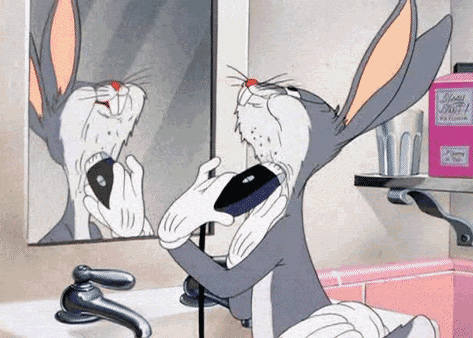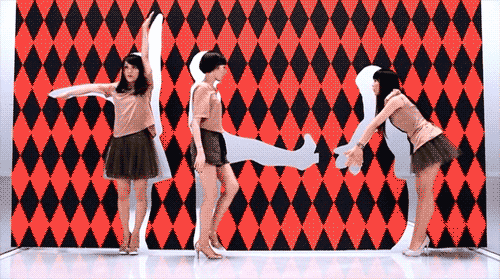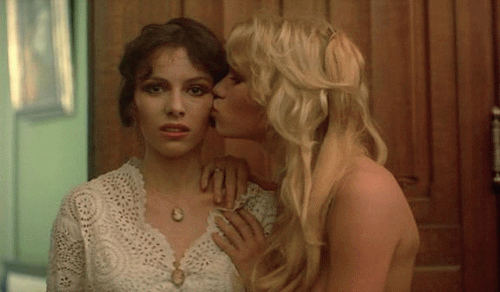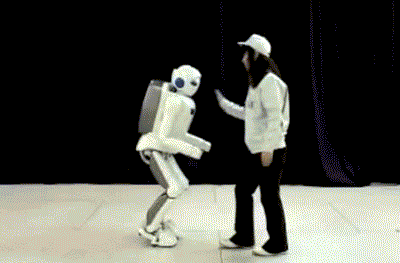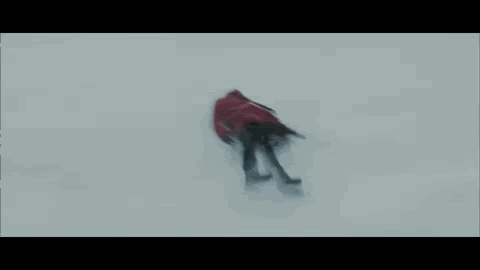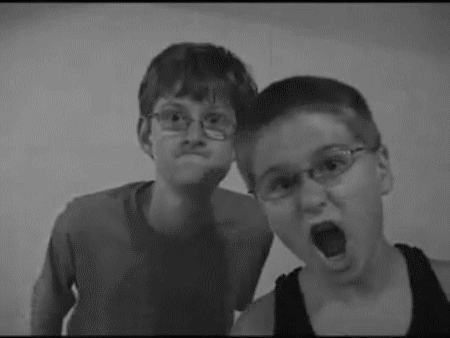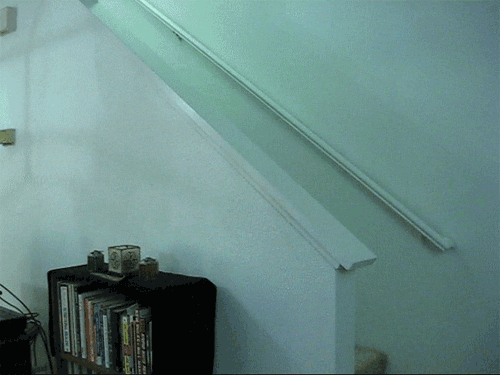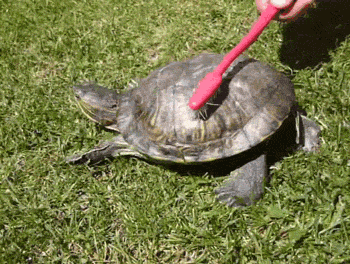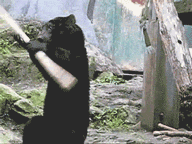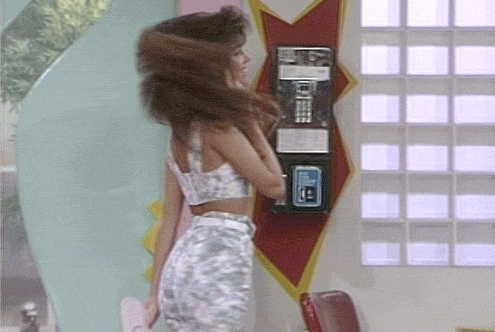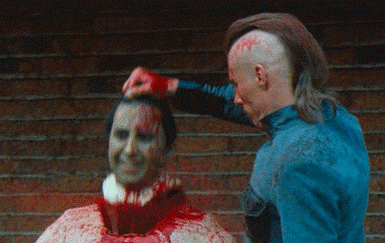[ the second house /// rebuilt ]
The bear when he came back, came back to defend himself. He brought with him his paws because they are always with him, and a club he had only to raise up. The bear wanted to look down my sleeves. He was looking for aces. I told the bear that I didn’t have any sleeves, my naked body opened up to sun on the front porch.
In these woods, I rebuilt this second house just to lead him in.
There are no tricks here I said to the bear, who looked like the first bear but who was the second, the first bear’s brother. There is no magic in my hands I told him. But he looked on my nudity longingly and stern. I felt ill-prepared.
I’m not sure bear, what we are both looking for.
In these woods, there are more lost questions than found answers.
This second house was built on the side of a valley, over a mountain range, where a glacier was always coming towards us, both the bear and myself wanting only to move on. The glacier was not melting but walking, its legs icing down a slope, making of our valley a longer valley, where I rebuilt this second house.
I don’t want to believe you the bear said to me after a wait where the glacier moved into our mouths. That is different from disbelief I said, your not wanting to believe. But the bear kept his paws up, the baton steady, tempted to sever my head from its body.
Go ahead, maul me I told the bear, only because my deer-brother had already admitted my death. What more can be done? I asked him, though I was only really questioning my existence.
Dear brother I wanted to say, doesn’t a moving glacier mean anything anymore?
This second bear was on the porch and I was in a death-dream. This second house rebuilt so that I could ask him in, his paws still raised to the air, a jar of jam resting on a shelf. Bread? I asked, and the bear nodded. Lemonade? I asked, and we set about our waiting.
I built this second house on top of the ashes of its second house-brother, the house that I had already built here, the house that had housed the first bear who had loved my card tricks so much that he invited his bear-brothers to see my sleight of hand, the same bears who I barricaded in that second house and burned down to the haunted ground of these lost woods.
When we burned, those bears and their first-bear brother, my first-self, that second house in this valley, with its glacier, that is a day I can recall with clarity. The rest is all loops and manufactured moments, tumbling.
I built this second house out of lost woods, used their ghostly bark and tree-innards to build skyward. I built a roof to cover my head, walls to hold us in, gutters for the rain and a chimney for snow. And I was careful about the porch, made perfectly fit for two deer-brother hooves and two bear paws, both to stand one beside the other, when we would come to question our civility.
I see you brought a stick with you I said, and the bear wielded it with precision. That is nice I told him, weary already of the jam and the bread and the lemonade.
And the bear didn’t speak because he was in lost woods, in my second house rebuilt, the impossibility of telling a real world of living from our pretend-shell of glaciers and waiting.
In these woods, where we want for so much but only offer More jam?
I felt like the bear wanted to say something, wanted to speak, but instead he just sat at the table I had built, in this second house, dejected. This is why I burn down the houses I build. They are all, at some point, filled with sorrow.
In these woods, I am lost.
In these woods, there is a bear seated at my table, and he is feasting without opening his bear-mouth.
I had a deer-brother and he had deer-hooves. There was not a bear in his way when the glaciers rode down, when the valley began to sink. In my path is both glacier and bear, so I took time reconstructing this second house, building it back up in the shape of a perfect fire, so that the bear and I would have comfort in our waiting and reassurance that when, as we did, we set fire to our own skins, holding bear-hand in brother-hand, the ashes would be all that was left.
In these woods, we both know that magic is pretend.
In these woods, the river will dowse our flames, even as it winds away from us.
J. A. Tyler lives in Colorado. He has written several books, including In Love with a Ghost which is forthcoming from Cow Heavy Books in 2011. For more information, check out Mud Luscious Press.

